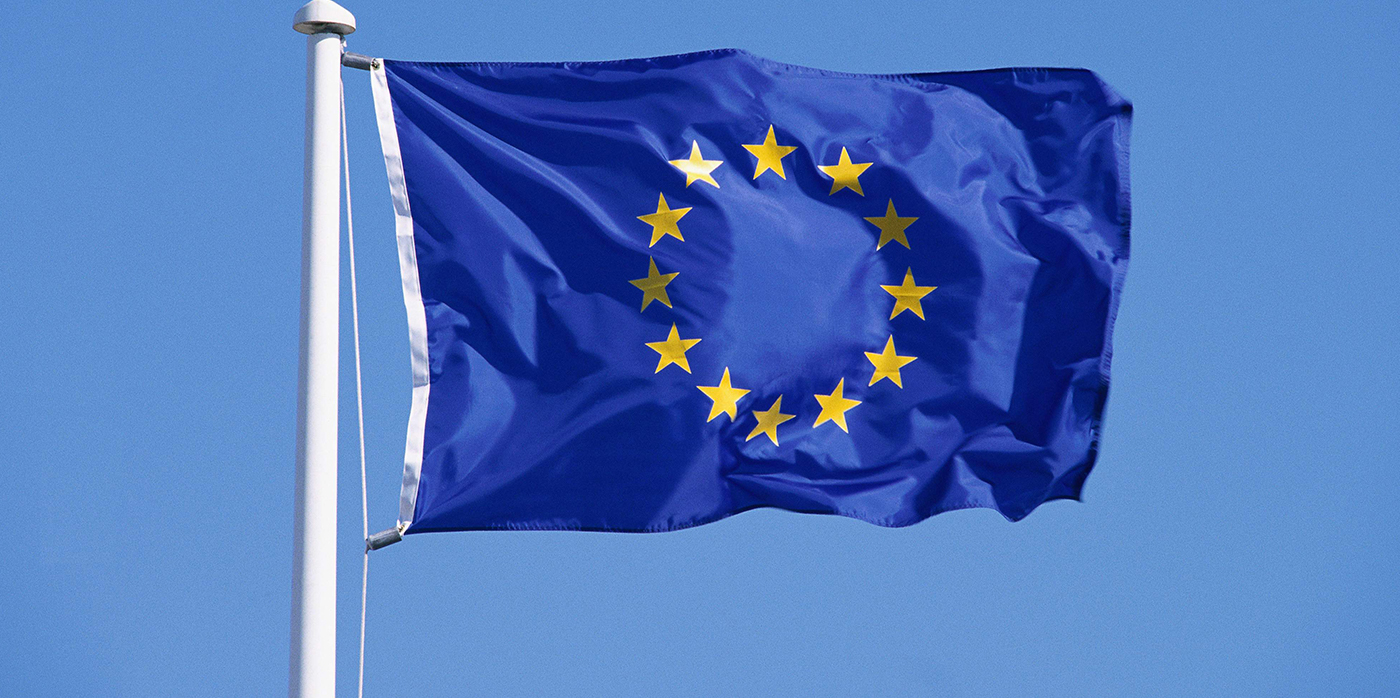Council of the European Union Approves €10 billion for 10 European Partnerships
The move follows approval from the European Parliament in October and will unlock nearly €10 billion of Horizon Europe funding to accelerate the green and digital transitions.
The Council of the European Union has granted its approval to the Single Basic Act, a regulation that will bring about the launch of nine Institutionalised European Partnerships. Together with a separate agreement to provide funding to a European Partnership on metrology, the move will unlock nearly €10 billion of Horizon Europe funding – matched with at least an equivalent amount of industry contributions – to establish 10 partnerships that will drive innovation in global health, technology and climate challenges.
The Institutionalised Partnerships – also known as Joint Undertakings – are research and innovation partnerships between the EU, member states and/or industry. The partnerships are designed to address areas and achieve outcomes that other parts of Horizon Europe, and other types of partnership, would not be able to on their own.
The ten partnerships, some of which are building on existing joint undertakings, are:
- Global Health EDCTP3: This partnership will deliver new solutions for reducing the burden of infectious diseases in sub-Saharan Africa, and strengthen research capacities to prepare and respond to re-emerging infectious diseases in this region and across the world.
- Innovative Health Initiative: This partnership will help create an EU-wide health research and innovation ecosystem that facilitates the translation of scientific knowledge into tangible innovations.
- Key Digital Technologies: This partnership will support the digital transformation of all economic and societal sectors and the European Green Deal, as well as supporting research and innovation towards the next generation of microprocessors.
- Circular Bio-based Europe: This partnership will contribute significantly to the 2030 climate targets, paving the way for climate neutrality by 2050, and will increase the sustainability and circularity of production and consumption systems, in line with the European Green Deal.
- Clean Hydrogen: This partnership will accelerate the development and deployment of a European value chain for clean hydrogen technologies, contributing to sustainable, decarbonised and fully integrated energy systems.
- Clean Aviation: This partnership aims to put aviation on the path to climate neutrality, by accelerating the development and deployment of disruptive research and innovation solutions.
- Europe’s Rail: This partnership will speed up the development and deployment of innovative technologies, especially digital and automation tech, to achieve a transformation of the rail system and deliver on the European Green Deal objectives.
- Single European Sky ATM Research 3: The partnership aims to accelerate the digital transformation of air traffic management with the goal of making Europe’s airspace the most efficient, safest and environmentally friendly sky to fly in the world, while supporting the competitiveness and recovery of the aviation sector following the coronavirus crisis.
- Smart Networks and Services: This partnership will support technological sovereignty for smart networks and services in line with the industrial strategy for Europe, the EU Cybersecurity Strategy and the 5G Cybersecurity Toolbox.
- Metrology: This public partnership aims to accelerate Europe’s global lead in metrology research, establishing self-sustaining European metrology networks aimed at supporting new innovative products, responding to societal challenges, and enabling effective design and implementation of necessary regulation and standards.
Commenting on the announcement, Mariya Gabriel, Commissioner for Innovation, Research, Culture, Education and Youth, said:
‘These Partnerships are all about pooling research and innovation resources and ensuring that research results are turned into useful innovations for the citizens. With Horizon Europe we are committed to emerge from the climate crisis, provide sustainable solutions to major environmental challenges, improve citizens’ health and accelerate a sustainable recovery. This will benefit all Europeans.’
The Single Basic Act is due to be published in the Official Journal in late November 2021, after which it will enter into force. The founding members must then sign letters of commitment to enable the new partnerships to be launched at the first meetings of the respective governing boards, planned for December 2021. The Governing Boards are expected to release the work plans for 2022 and 2023 in early 2022, after which the first calls for proposals can be published.
(This report was the subject of a ResearchConnect Newsflash.)

